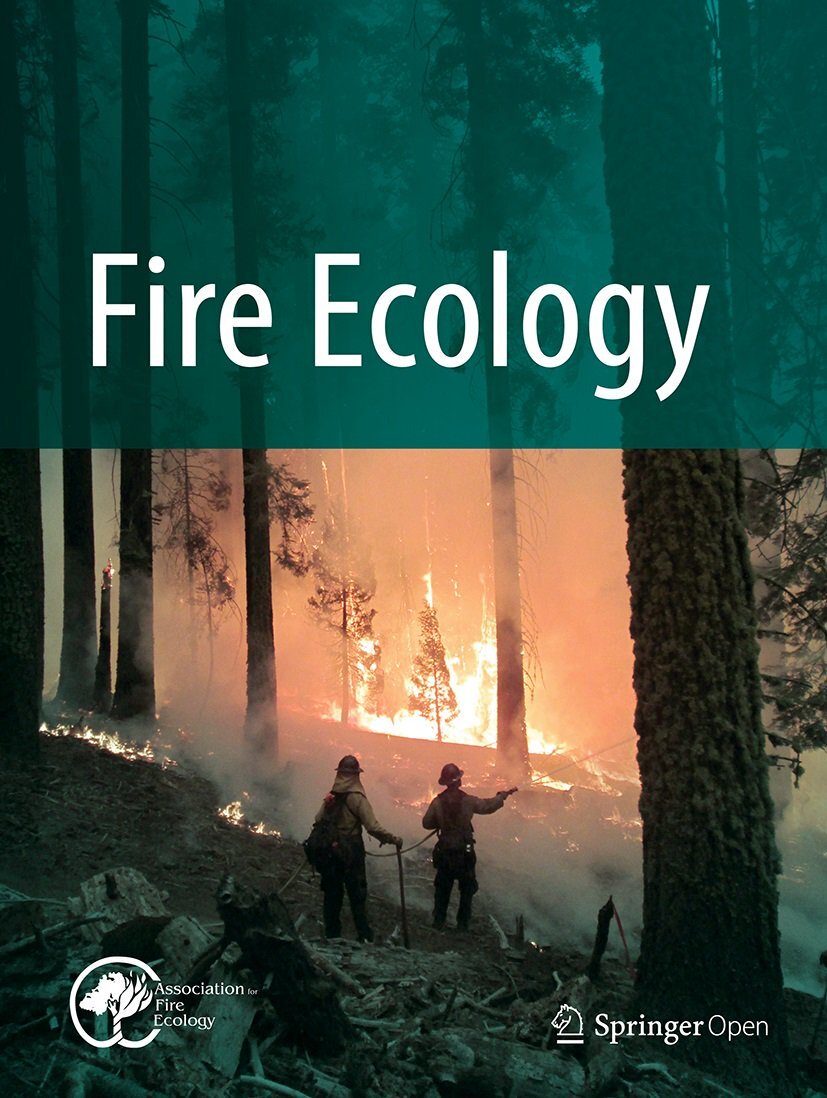Job Type: On-site, full-time, temporary
Location: Washington Department of Natural Resources - Olympia, WA
Salary: $73,284-$98,520/year
Application Due Date: November 3, 2025
Description:
The Washington Geological Survey is looking for a passionate geologist to join our Post-Wildfire Debris Flow Program. If you're enthusiastic about debris flow hazards, geomorphology, and GIS mapping, this is your chance to make a real impact. We’re launching a major alluvial fan mapping project across the stunning landscapes of the Central Cascades and Northeast Washington- and we need another teammate to get it done! This 18-month project position will focus on leading the GIS mapping, supervising two alluvial fan mappers, and planning the field verification efforts. Are you excited by the intersection of earth science and community safety? Do you thrive in leadership roles and enjoy mentoring a team? If so, you’re exactly who we're looking for. Help us shape the future of hazard resilience in Washington—apply now and be part of something great!
Responsibilities:
Serves as a senior-level mapper who maps alluvial fans and related geomorphic interpretation for use in geologic hazard maps.
Uses aerial imagery, lidar, and other remotely sensed products in ArcGIS Pro to identify debris flow hazards.
Manages several grant-funded alluvial fan mapping projects.
As the team lead of alluvial fan inventory projects, this position is responsible for mapping alluvial fans and managing the team’s data and products.
Manages project timelines, work scope, and mapping standards. They are responsible for reviewing the work of program staff for professional standards. They provide coaching and mentoring to junior geologists.
Assigns work, plans the work of their team to maintain timeframes necessary to achieve goals, and helps staff stay on track.
Collaborates on investigating post-fire debris flow-related questions, such as triggering rainfall intensities, risk to infrastructure from debris flows, and will help their colleagues and direct reports develop a debris flow modeling framework.
Work well as part of a highly collaborative team to complete project objectives.
Required Qualifications:
A Bachelor of Science degree in an earth science field AND five years of professional experience in geology assessing and identifying debris flow hazards from remote sensing and field assessments;
OR an equivalent combination of education and/or experience.Experience in collecting, compiling, managing, and digitizing geospatial and tabular data in the interpretation of lidar and aerial imagery.
Proficiency in ArcGIS, demonstrated by experience and/or coursework.
Experience in completing and leading field investigations in a variety of topographic and environmental settings, including rugged, uneven terrain.
Excellent verbal communication skills, particularly regarding difficult topics.
Commitment to fostering and supporting an environment that honors diversity, equity, inclusion, and environmental justice practices.
Perform assigned duties in a manner consistent with applicable laws, regulation,s and public records retention and requests are followed.
DNR Core Competencies:
Personal Accountability
Value Others
Compassionate Communication
Inspire Others
Commitment to Excellence
Special Requirements:
A Washington Geologist License (LG) is required per RCW 18.220.020 as outlined in the individual performance development plan.
80% office, 20% field in rugged terrain. May be required to traverse over uneven terrain or on water, in all weather conditions.
Occasional travel with overnight stays.
A valid driver’s license and two years of driving experience. Additionally, DNR requires state drivers to possess a license that is not suspended, revoked, or restricted (for example, Occupational/Restricted Driver Licenses or requiring ignition interlock devices). This position requires driving as an essential function. Finalists and/or interview candidates will be asked to provide a driving record from all states in which they have held a license during the past three years.
Required Qualifications:
A Master of Science or PhD in an earth science field.
Experience with project management.
Experience leading a team, and/or supervisory experience.
Competent in assessing and mapping post-fire hazards, including debris flows.
Experience in modeling physical processes on the Earth’s surface. For example: debris flows, diffusive processes, rate-state processes, probabilistic hazards.
Experience in deploying, maintaining, and servicing telemetered campaign and permanent field instruments.
Experience in Python (or another programming language) with successful application to GIS and/or instrumentation.

